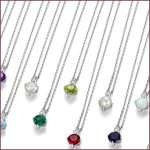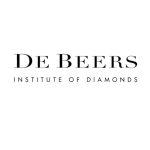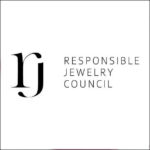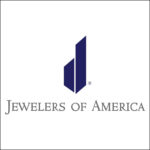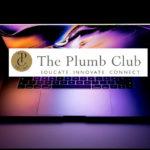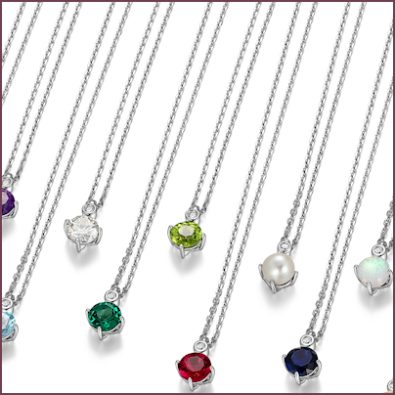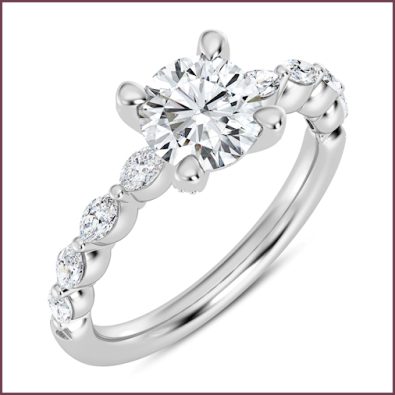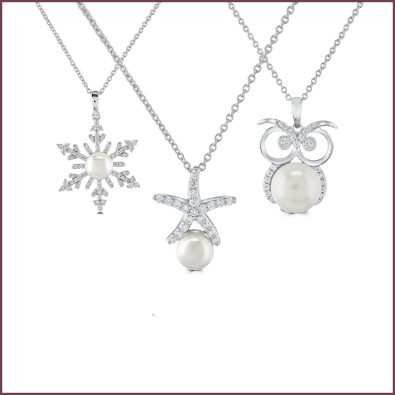Technology Imperative In New Luxury Market
Reinvent your business with technology at its core, or fade to black, is the message the market research firm, Forrester imparts in a 2018 report.
A Forrester white paper, “Digital Rewrites The Rules Of Business,” by Nigel Fenwick and Ted Schadler, cites digital technology — hardware, software, algorithms, the Internet — as 10 times cheaper and faster to engage customers, create offerings, harness partners, and operate your business.
 The analysts make the case that companies must innovate with digital technology to deliver easy, effective and emotional customer experiences; focus operations on the things customers value; and build platforms and partnerships to accelerate and scale.
The analysts make the case that companies must innovate with digital technology to deliver easy, effective and emotional customer experiences; focus operations on the things customers value; and build platforms and partnerships to accelerate and scale.
They forecast extreme competition as companies scramble to satisfy consumers appetite for instant gratification. Consumers today, especially Millennials and Gen Zs demand a seamless online shopping experience across all of their connected devices, and without compromising quality, convenience and immediacy, finds research by the consultancy firm, Ovum.
Key sales tools trending for jewelers include Augmented Reality (AR), 360 Product View Videos and 3D Photos, and Social and Mobile Commerce. Ovum predicts Augmented Reality will be a strong driver for e-commerce, particularly for the jewelry industry.
Tools like displays that allow customers to try on 3D models of products; try-on applications; and the ability to animate AR objects in advertisements using your mobile device are some of the cool technology available. AR technology greatly increases online and in-store sales.
“Virtual-try is widely used and important in engaging consumers and removing the element of fear in the 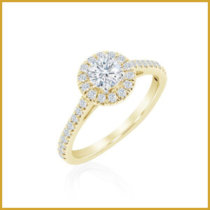 customization process,” touts Neil Shah of Shah Luxury, New York. His company introduced a CAD hologram display, which allows consumers to visualize a design in 3D. In-store and mobile versions are available. “It has proven to increase the sales conversion rate, and is especially popular for couples getting married.” Moreover, the company is using social and mobile media and a number of website customization/personalization tools.
customization process,” touts Neil Shah of Shah Luxury, New York. His company introduced a CAD hologram display, which allows consumers to visualize a design in 3D. In-store and mobile versions are available. “It has proven to increase the sales conversion rate, and is especially popular for couples getting married.” Moreover, the company is using social and mobile media and a number of website customization/personalization tools.
Among the pioneers integrating technology in the industry is the diamond and jewelry manufacturer, WR Cobb. The East Providence, Rhode Island company bridges the gap between traditional supplier and innovative tech provider of digital inventory and marketing solutions. Important tools for jewelers today, include 3D visuals and 360-degree view product videos that mimic the in-store experience online, while infusing the online experience in store with tablet kiosk for information, virtual inventory, and custom design options.
The opportunities to engage consumers in a meaningful and more immersive and interactive way are endless. A great example, among WR Cobb’s offerings is the LearLite system that gives shoppers the ability to capture catalog style photos of the items they like, that can be sent to them by email. This tool provides a quality product image customers can share for feedback, while capturing their data.
Another key focus is on mobile shopping. Ovum believes that a mobile-centric shopping experience will dominate the coming year. The shift will be driven by the increase in sales of smart phones, in addition to larger phone screens that improve the quality of the mobile shopping experience. Consumers expect to be able to search and compare products, talk to a sales assistant, and make a payment via their mobile device. WR Cobb urges jewelers to ensure their websites are optimized for mobile shopping.
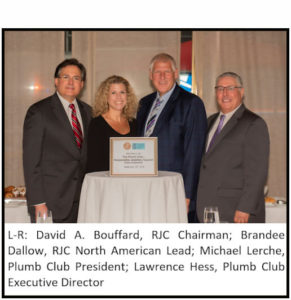 Transparency Through Technology
Transparency Through Technology
Digital technology is central to transparency in the supply chain, with sustainability paramount to most jewelry consumers today, who want ethically sourced jewelry and to know the story behind it. A 2015 Nielsen report found that nearly 75% of global Millennials and 66% of all consumers are willing to spend more on a product if it comes from a sustainable brand.
Blockchain is emerging in the jewelry industry that not only allows consumers to see the supply chain more clearly, but also know it’s credible and verified. Essentially, it allows for blocks of data to be shared as a database or digital ledger and stored across multiple computer networks. IBM has emerged as a powerhouse in blockchain technology, developing projects across industries, including jewelry. It began collaborating in 2017 with major diamond and jewelry companies globally on an initiative called TrustChain, a consortium for which the Richline Group is a founding member.
Mark Hanna, CMO for the Richline Group, New York, says the move made sense for the company given its commitment to social conscience. “It’s about the 5Ts: track, trace, transparency, truthful, and trusted. Socially responsible sourcing is imperative in the jewelry industry. The blockchain platform provides the technical system to optimize a chain of custody documentation inclusive of every participant in a product’s journey.”
TrustChain is a private platform, open to companies that are evaluated for best practices with third-party confirmation, like being a certified member of the Responsible Jewellery Council (RJC), can join.
As a founding member of RJC, Hanna advocates all suppliers and retailers become certified members. He applauds The Plumb Club’s new requirement to have all members RJC certified, demonstrating its vision of being an active, responsible supply side organization that positively impacts the jewelry industry. “Hopefully, we’ll see other associations follow The Plumb Club’s lead as the need for transparency and trust throughout our supply chains is paramount.”
The Plumb Club is the first organization of its kind to require members to follow the RJC Code of Practices. More than half of its 42 members are already certified. “Having a standardized universal code of practices throughout our industry that the retailer, consumer and our government, can rely on to guarantee that these products are the most responsibly sourced and ethically produced in the marketplace is critical,” says Michael Lerche, Plumb Club President.
than half of its 42 members are already certified. “Having a standardized universal code of practices throughout our industry that the retailer, consumer and our government, can rely on to guarantee that these products are the most responsibly sourced and ethically produced in the marketplace is critical,” says Michael Lerche, Plumb Club President.
Shah is thrilled with the decision, noting that his company is RJC certified: “Ethical sourcing is both important to the consumer and us in this business to ensure we’re thoughtful about our impact on the environment and society, and leaving a positive legacy.”
Technology Imperative in New Luxury Market
